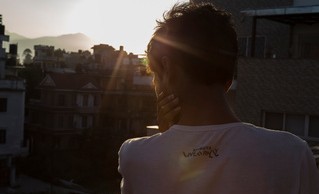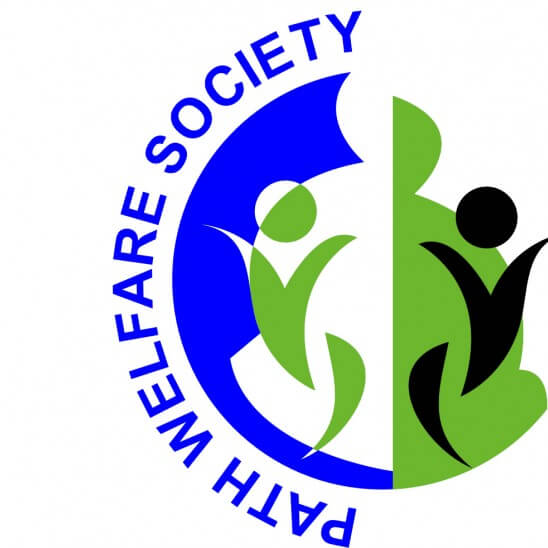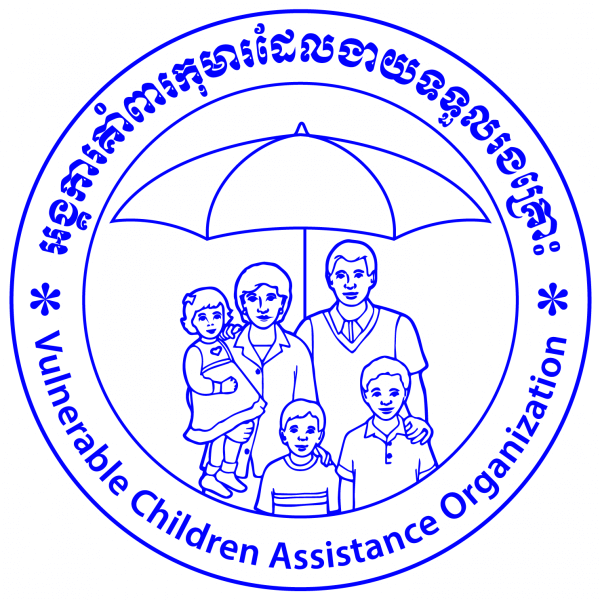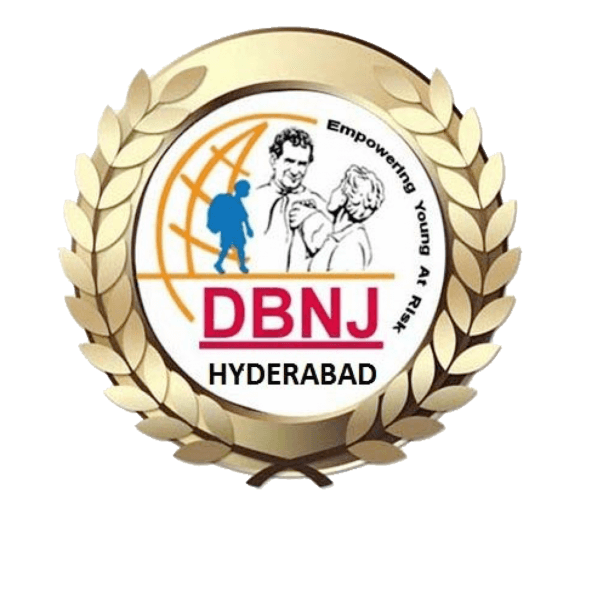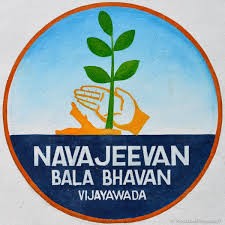South Asia
Working with children, communities and authorities in India and Nepal to ensure that children migrating, children left behind, and children at risk of being trafficked are protected and that their rights are upheld.
What we are trying to change

In India, an estimated 15 million children are on the move - both with and without their families - and affected by migration, left behind by parents who have moved to look for work. Poverty and a lack of opportunities for work are major factors for people moving from villages to urban areas. Mobility can bring opportunities but also increased risks for children, including of exploitation and trafficking. There are hotspots for trafficking, including at major train stations where better provisions are needed to ensure children are protected. Children often have no choice but to work in order to sustain themselves with scant opportunities to go to school, particularly if they don’t have the necessary identification papers. Children may not know the risks and where to turn for support during their migration.
What migrant children and young people are calling for

- Quality education in villages of origin and places of destination
- Safe hostels for children left behind when parents migrate for seasonal work
- Access to health and sanitation facilities throughout migration
- Strengthened child protection committees to prevent unsafe migration
- Child protection mechanisms, such as a telephone line should be available in major railway junctions and bus terminals
What we are doing

In 4 regions in India (West Bengal, Odisha, Andhra Pradesh and Telangana), we are campaigning with children, young people and civil society partners for changes in policy, practice and legislation so that children’s rights both to move and to be protected are upheld and respected.
We create spaces for children on the move (both from the villages from which they are moving and places they are moving to such as construction sites) to take part, to know their rights and to be able to claim them. Earlier this year, migrant children and young people met with the National Commission for Protection of Child Rights and spoke out about the difficulties they face and what they think the government needs to do.
At our upcoming youth convention in December, young people will help to direct Destination Unknown in India and develop a campaign focus based on their experiences and what matters most to them.
Protecting children's rights
Take a look to see how we are protecting and educating children on the move about their rights in India.
Members and partners in South Asia

In each region, we work with a variety of local, national and international youth-led organisations and civil society organisations whose work is grounded in the rights of the child, and which have expertise in child protection, mobility, research and campaigning. Our members work in many different ways to promote and enhance protection and the participation of children and young people. In India and Nepal, Destination Unknown members work in areas where children and young people are at risk of unsafe migration, working closely with the community to ensure that children and young people are aware of the potential dangers of unsafe migration and the risks they face at the destination, and also working with those with responsibility for the protection of children to increase protection.
Take action

Are you interested in being part of Destination Unknown’s network of young people in South Asia?
Do you want to be in touch with other young people and at the heart of developing and driving campaigns so that the rights of children and young people on the move are respected, upheld and protected?
Get in touch! We’d love to hear from you.
Regional News

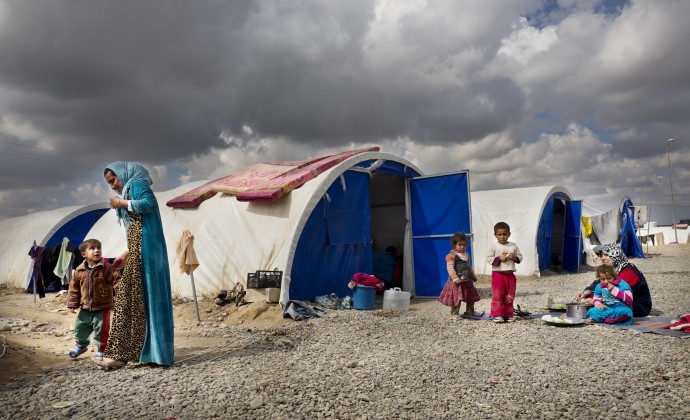
Global Refugee Forum
Promising Practices

